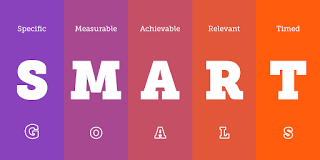
Most people know that hairstylists and bartenders make great amateur therapists. But what are the actual skills one needs to do therapy effectively?
According to licensed psychologist Linda Hatch, PhD, there are four skills that anyone can use to be helpful to someone in a stressful or difficult situation.
Hatch states that effective therapy allows people to notice or get in touch with themselves. Here are the four skills she recommends that anyone can use to help people get in touch with themselves and the reality of their situation.
1. Attending. When you play a therapeutic role with someone you are giving them your full attention, meaning you are not distracted by some other agenda of your own. You may have your own motives and needs but they don’t prevent you from listening fully and being fully present. This is sometimes called attunement or active listening.
2. Reflecting. Reflecting is essentially letting the person know that you are attending to them and that you understand what they are saying and that you perceive their emotional state. It is neutral. Simply reflect back what you see or hear without judgment.
3. Validating. This involves letting the person know that you genuinely accept them as they are. It indicates a belief that what they think or feel is not stupid or crazy. That their feelings are real. Once a person feels safe in assuming that their feelings, thoughts or behavior have some kind of logic then it becomes safe for the person to further examine their own inner life.
4. Reframing. This is a way to help the person see things from a different perspective. This is why it is hard to do therapy on ourselves. We get stuck in our own point of view and it takes another person to help us see things in a different light. This is not just seeing the glass half full or pointing to a silver lining. It is letting the person see through your eyes the fact that there may be different aspects or outcomes to the problem they face.
Attending, reflecting, validating, and reframing. If you can do these four skills, you can be of useful, therapeutic help to someone in need. At the very least, if you put these skills into practice you will grow in your listening skills.
Now this isn’t a license for everyone to start doing therapy on all the people around them. This is simply an encouragement and acknowledgment that, in the same way everyone should know basic first aid, even if they’re not a doctor, everyone can also know some basic therapy.
Now I encourage you to look for opportunities to apply these four skills!
I would love to hear your thoughts on this topic. You can email me at randy@randymoraitis.com.
Websites: www.thecrossing.com, www.carepossible.com and www.randymoraitis.com













Leave a Reply
Want to join the discussion?Feel free to contribute!